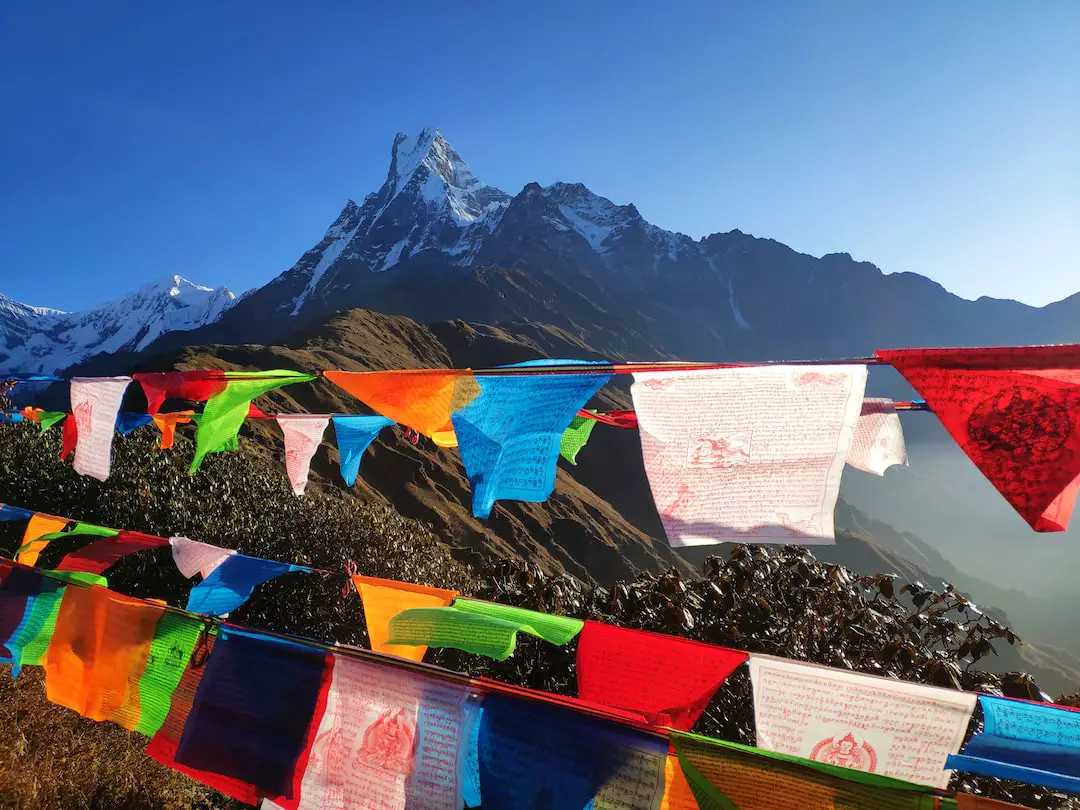
Exploring Property Ownership in Nepal: A Guide for Foreigners

Ever wondered if you, as a foreigner, can buy property in Nepal? 🤔 Well, you’re not alone. I’ve been asked this question countless times, and today, I’m going to unravel the mystery. So, buckle up and let’s dive into the world of Nepalese real estate!
Understanding the Legal Framework
First things first, let’s talk about the legal framework. Nepal, a landlocked country nestled in the heart of the Himalayas, has a unique set of laws when it comes to property ownership. Unlike many countries, where foreigners can freely buy property, Nepal has some restrictions in place. 😮
According to the Land Act 2021 (B.S. 2078), foreigners are generally not allowed to own property in Nepal. This law is primarily designed to protect the country’s land resources and ensure they remain in the hands of Nepalese citizens. However, there are a few exceptions to this rule.
Exceptions to the Rule
While the general rule is that foreigners can’t own property in Nepal, there are a few exceptions. For instance, if a foreigner is married to a Nepalese citizen, they can jointly own property. However, the property must be registered in the name of the Nepalese spouse. 🏡
Another exception is for foreign companies. If a foreign company is registered in Nepal and operates within the country, it can own property. However, the property must be used solely for the company’s operations and cannot be used for personal purposes.
Leasing Property in Nepal
While buying property might be off the table, leasing is a viable option for foreigners in Nepal. Long-term leases are common and can last up to 30 years. This can be a great way to secure a place to live or establish a business without the need for property ownership. 📝
Investing in Nepalese Real Estate
Despite the restrictions on property ownership, Nepal offers exciting opportunities for real estate investment. The country’s booming tourism industry, coupled with its growing economy, makes it an attractive destination for investors. 📈
Foreign investors can invest in real estate development projects, such as hotels, resorts, and commercial buildings. However, these investments must be made through a company registered in Nepal.
Frequently Asked Questions
1. Can a foreigner buy property in Nepal?
No, according to the Land Act 2021, foreigners are generally not allowed to own property in Nepal. However, there are a few exceptions, such as for foreign companies operating in Nepal and foreigners married to Nepalese citizens.
2. Can a foreigner lease property in Nepal?
Yes, foreigners can lease property in Nepal. Long-term leases are common and can last up to 30 years.
3. Can a foreigner invest in real estate in Nepal?
Yes, foreigners can invest in real estate development projects in Nepal. However, these investments must be made through a company registered in Nepal.
Conclusion
In conclusion, while foreigners cannot directly own property in Nepal, there are still opportunities to invest in the country’s real estate market. Whether it’s through leasing property or investing in development projects, foreigners can find ways to establish a presence in Nepal. 🌏
Remember, laws can change, and it’s always a good idea to consult with a local real estate expert or legal advisor before making any decisions. Happy investing! 😊